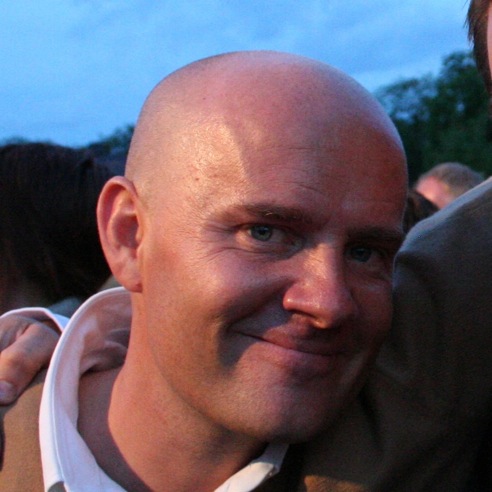This week I’ve written a piece for the Final Draft blog about working with a writing coach. Sometimes you really need someone on your team to help navigate the challenges, decisions, and process. This week’s article talks about some of the times you might need that kind of assistance and what you can expect to get out of it.
![]()
“Coaching works because it’s all about you. When you connect with what you really want and why – and take action – magical things can happen.”
Emma-Louise Elsey
![]()
Sometimes you need help to make writing happen, solve a story problem, or sort out the next steps in your screenwriting career. One of the most powerful reasons to work with a writing coach is to have someone on your team — someone to turn to when the going gets tough, to support you to do the work, to help you make smart (and sometimes tough) choices, or even to celebrate the victories with.
When you’re in the market for a writing coach, you’ll want to think about what you most need. Do you need someone who will provide emotional support? Offer accountability? Help you solve story issues? Navigate career management with you? Help you hone your pitching skills? All of the above?
Think about what you’re hoping to accomplish and use those goals as criteria for interviewing possible coaches to work with. And keep in mind that not every coach will offer all things (and perhaps should not, in the interest of specializing), so you may find that you rely on different coaches for different aspects or stages of your writing and career.
For examples of some situations where working with a writing coach could be the difference between staying stuck and moving forward with confidence, read the article on the Final Draft blog here:
Is It Time For a Writing Coach?



 When he joined the Circle all the way from Sweden, Rikard Bergquist had been working on his novel intermittently, struggling to find enough time to write and to move past the outlining and preparation stage into writing actual New Words. And he had a little two-year-old daughter at the time too! (She’s three now.)
When he joined the Circle all the way from Sweden, Rikard Bergquist had been working on his novel intermittently, struggling to find enough time to write and to move past the outlining and preparation stage into writing actual New Words. And he had a little two-year-old daughter at the time too! (She’s three now.)


